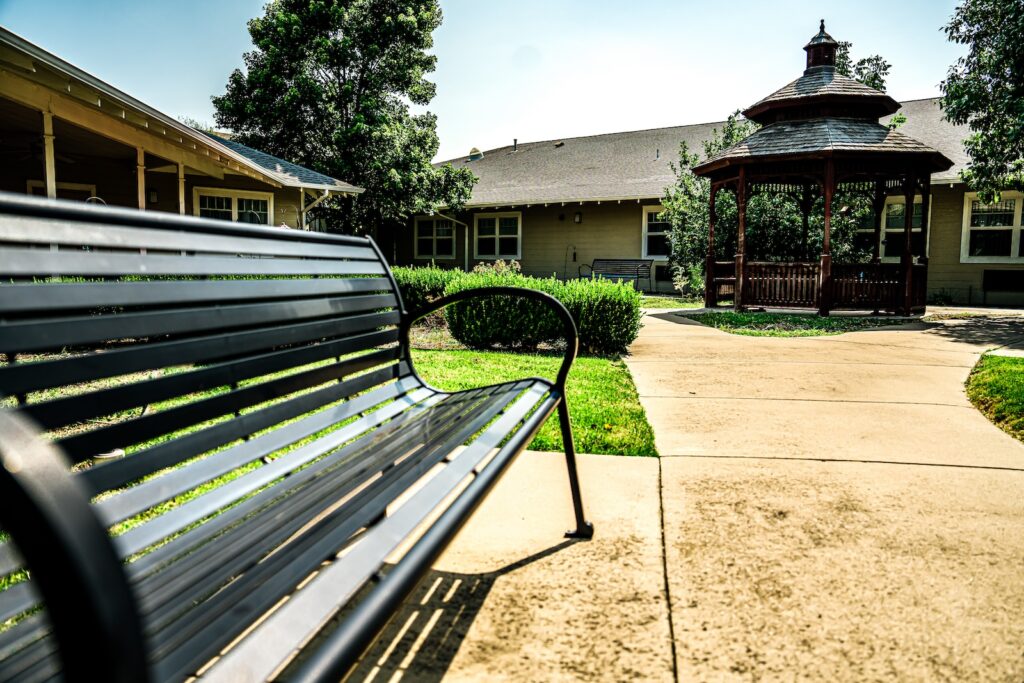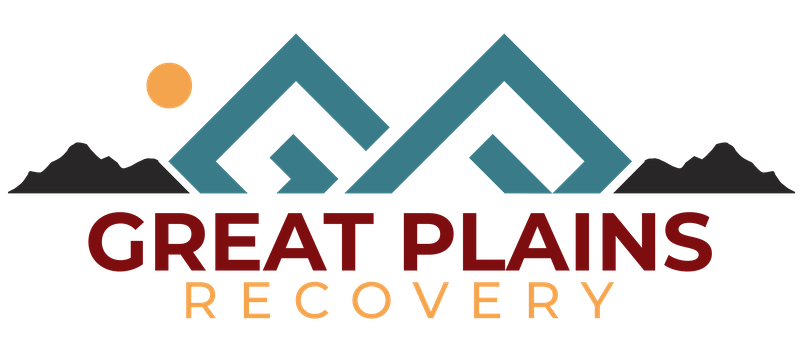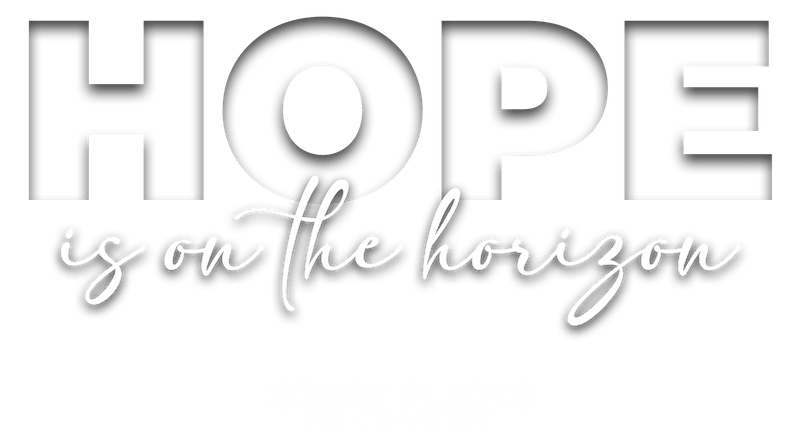
One of the most common questions we hear at Great Plains Recovery Center is: “How do I know when it’s time to get help?” This question reflects the uncertainty many people feel when facing addiction—either their own or that of a loved one. While there’s no single answer that applies to everyone, there are clear indicators that can help Oklahomans make this important decision.
The Myth of “Rock Bottom”
A persistent myth about addiction treatment is that someone must hit “rock bottom” before they’re ready for help. This misconception suggests that a person needs to experience severe consequences—job loss, relationship breakdown, health crisis, or legal problems—before treatment will be effective.
In reality, waiting for rock bottom often means enduring unnecessary suffering and allowing addiction to cause more damage than it might have if addressed earlier. Treatment can be effective at any stage of addiction, and early intervention typically leads to better outcomes and fewer long-term consequences.
The truth is that the best time to seek treatment is as soon as substance use begins causing problems in your life or the life of your loved one. Recognizing early warning signs and taking action can prevent the escalation of addiction and reduce the harm it causes.
Signs That Professional Treatment Would Be Beneficial
Addiction develops gradually, often making it difficult to recognize when casual use has crossed into problematic territory. Here are some indicators that professional treatment would be beneficial:
Escalating Use
One of the clearest signs that substance use has become problematic is escalation. This includes:
Needing more of the substance to achieve the same effect (tolerance) Using more frequently than intended Using larger amounts than intended Spending increasing amounts of time obtaining, using, or recovering from the substance
Escalation indicates that the body and brain are adapting to the substance, a key feature of developing addiction. If you notice that your use has steadily increased over time, it may be time to consider professional help.
Unsuccessful Attempts to Cut Back or Stop
Many people recognize when their substance use becomes concerning and try to control it on their own. Unsuccessful attempts to cut back or stop entirely are significant indicators that addiction has developed and professional treatment is needed.
These attempts might include:
Setting limits on use that are repeatedly exceeded Promising yourself or others to quit but being unable to follow through Brief periods of abstinence followed by return to use Using different strategies to control use without lasting success
These patterns demonstrate that addiction has begun to override personal intentions and willpower, making professional support necessary for lasting change.

When someone you love begins their recovery from substance use disorder, they embark on a profound journey of healing
Negative Impact on Responsibilities and Relationships
Addiction gradually expands its influence into important areas of life. Signs that substance use is interfering with normal functioning include:
Difficulties meeting obligations at work or school Declining performance or attendance Neglecting household or family responsibilities Conflicts with family members, friends, or colleagues related to substance use Withdrawing from relationships or activities previously enjoyed Continuing to use despite these problems
When substance use consistently takes priority over responsibilities and relationships, it’s a strong indication that professional treatment would be beneficial.
Health Concerns
Physical and mental health are often affected by ongoing substance use. Indicators that health is being impacted include:
Physical symptoms related to use or withdrawal Continuing to use despite known medical conditions that are worsened by the substance Mental health symptoms such as depression, anxiety, or mood swings Using substances to manage emotional or psychological distress Sleep disturbances, changes in appetite, or unexplained weight changes
If substance use is affecting your health or you’re using substances to manage physical or emotional pain, professional treatment can address both the addiction and the underlying health concerns.
Loss of Control
Perhaps the most telling sign that professional treatment is needed is a sense of loss of control over substance use. This might manifest as:
Using for longer periods or in larger amounts than intended Unsuccessful efforts to control or reduce use Spending significant time obtaining, using, or recovering from the substance Experiencing strong cravings or urges to use Using in situations that are physically hazardous Continuing use despite recognizing that it’s causing problems
Loss of control is a core feature of addiction and indicates that the brain’s reward and decision-making systems have been significantly affected by substance use.
Common Barriers to Seeking Treatment
Even when the signs of addiction are clear, many Oklahomans delay seeking treatment due to various barriers. Recognizing these obstacles is the first step toward overcoming them.
Stigma and Shame
Despite growing awareness that addiction is a medical condition, stigma remains a powerful barrier to seeking help. Many people feel embarrassed or ashamed about their substance use and worry about how others will perceive them if they enter treatment.
It’s important to remember that addiction is a health condition, not a moral failing or character flaw. Seeking treatment demonstrates courage and commitment to well-being, not weakness.
Denial and Minimization
Denial is a common feature of addiction that makes it difficult to recognize the severity of the problem. This might include minimizing the amount of substance used, rationalizing continued use, or attributing problems to other causes.
Honest self-assessment, perhaps with input from trusted friends or family members, can help overcome denial and provide a clearer picture of how substance use is affecting your life.
Practical Concerns
Practical barriers often delay treatment seeking, including:
Concerns about time away from work or family Uncertainty about insurance coverage or cost Transportation or childcare challenges Not knowing how or where to find appropriate treatment
Many of these concerns can be addressed through proper planning and by working with treatment providers who can help navigate these challenges.
Fear of Withdrawal or Treatment Itself
Fear of physical withdrawal symptoms or anxiety about the treatment process can prevent people from seeking help. Modern treatment approaches prioritize comfort and safety during detoxification, with medications available to manage withdrawal symptoms when needed.
Learning about what treatment actually involves can help alleviate these fears and create realistic expectations about the recovery process.
Taking the First Step
If you recognize signs of addiction in yourself or a loved one, taking action is the most important step you can take. Here are some initial steps to consider:
Reach Out for Information
Contact a treatment provider like Great Plains Recovery Center to learn about available options. An initial conversation doesn’t commit you to treatment but can provide valuable information about what to expect and how to proceed.
Speak with a Healthcare Provider
Your primary care physician can provide an initial assessment, discuss treatment options, and refer you to appropriate resources. Medical professionals are bound by confidentiality laws and can provide guidance without judgment.
Arrange a Professional Assessment
A comprehensive assessment by addiction specialists can provide clarity about the nature and severity of the problem and recommend appropriate levels of care. This assessment considers not just substance use patterns but overall health, mental health, life circumstances, and personal goals.
Talk with Trusted Loved Ones
Sharing concerns with trusted family members or friends can provide emotional support and practical assistance as you explore treatment options. While this step can be difficult, having support makes the process easier.
The Time is Now
If you’re questioning whether you or a loved one needs addiction treatment, that concern itself is often a significant indicator. Trust your instincts and reach out for professional guidance.
Remember that seeking help isn’t admitting defeat—it’s taking control of your health and future. Recovery is possible at any stage of addiction, and professional treatment significantly increases the chances of lasting change.
At Great Plains Recovery Center, we understand the challenges of this decision and are committed to providing compassionate, effective care for Oklahomans struggling with addiction. Our team is ready to answer your questions, address your concerns, and support you in taking this important step.
To learn more about our programs or to arrange an assessment, call us at 844-918-3518. The right time for treatment is now—your journey to recovery can begin today.




